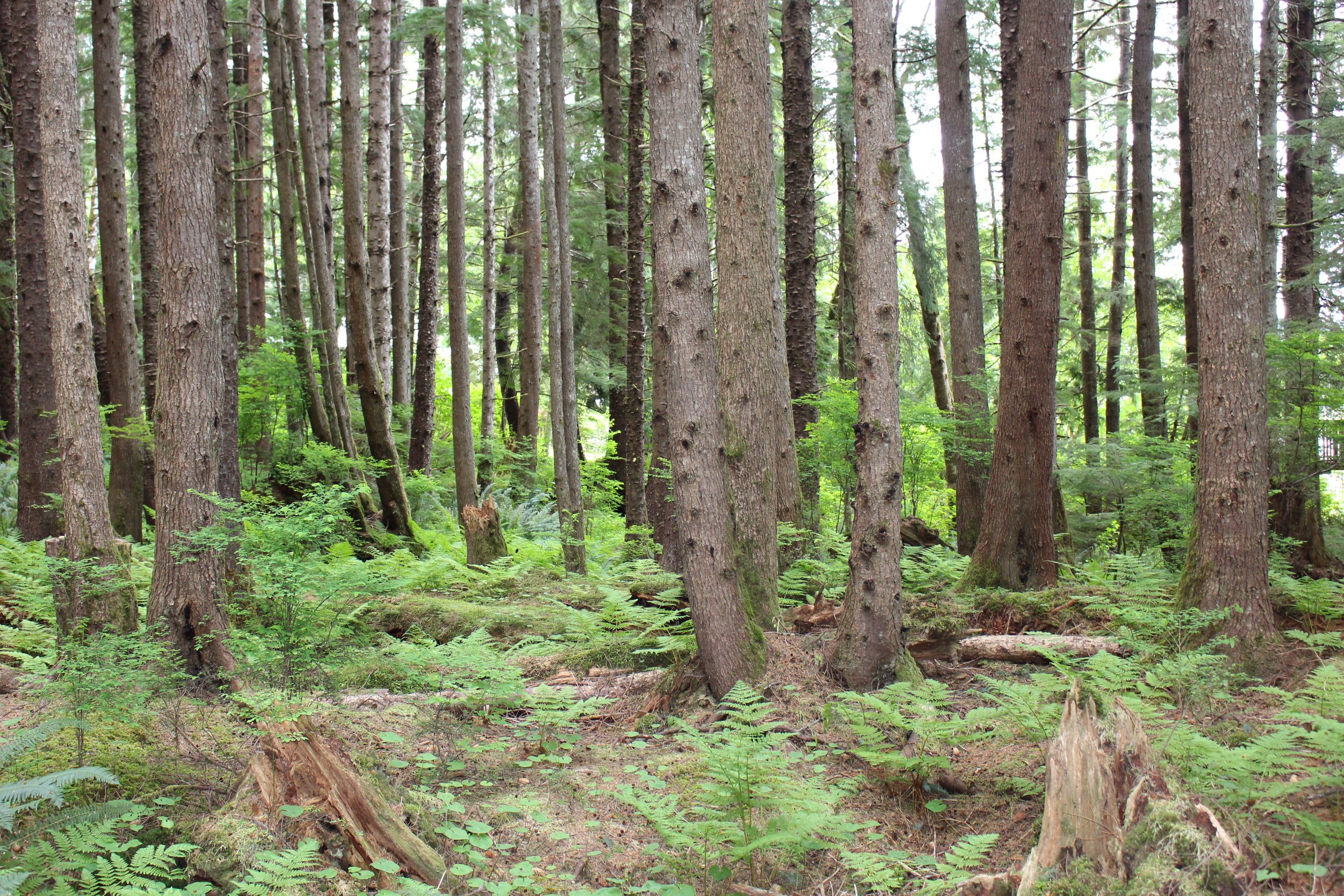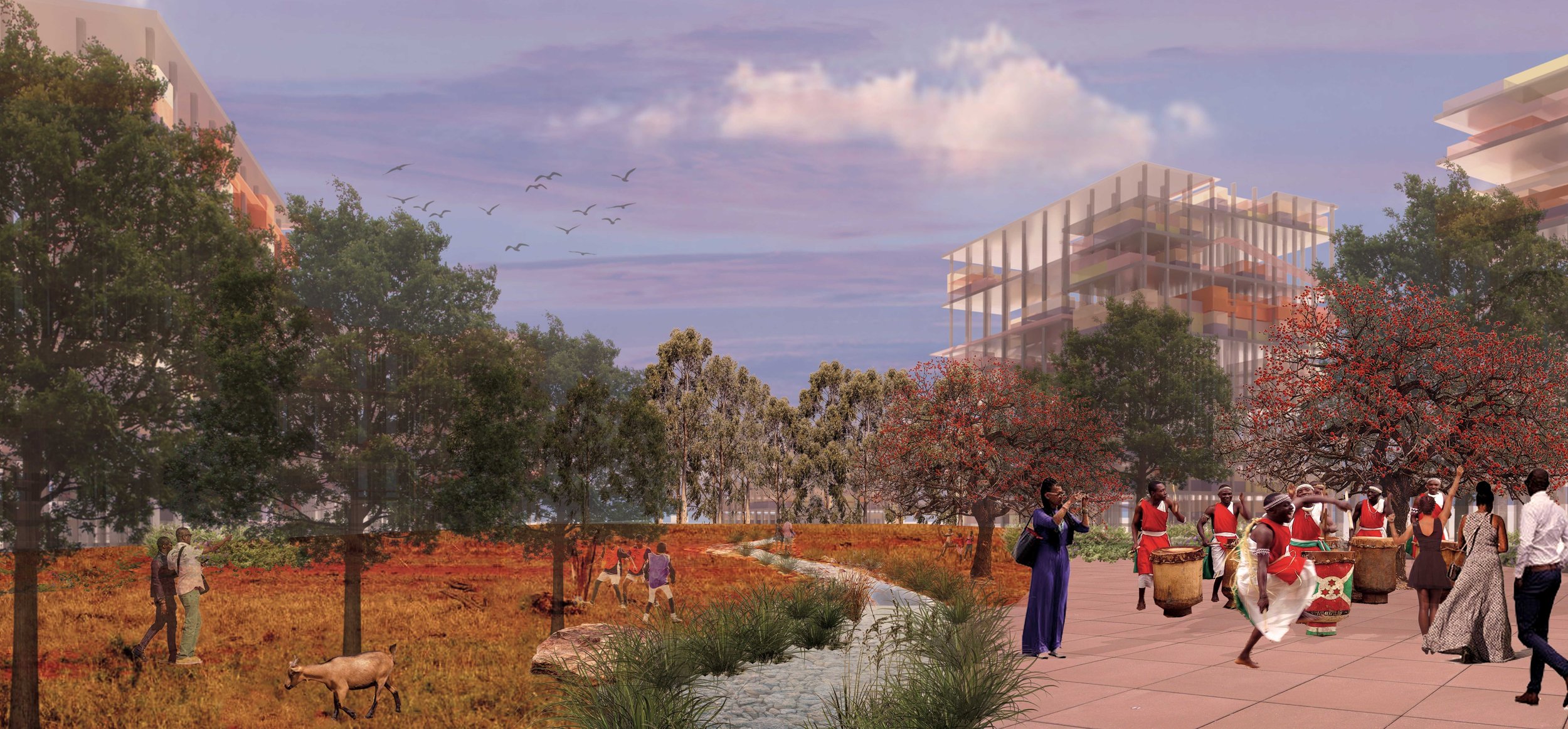
Remesha Design Lab is a multi-faceted research and design studio that specializes in landscape design and public art.
We are on a mission to design beautiful and healing landscapes inspired by ancestral wisdom and Afrocentric values. We envision a future with an abundance of places that sustain culture, interconnectedness, and joy.
Our practice is inspired by indigenous systems and afrofuturism: a liberatory school of thought combining ancient wisdom from Africa with technology and creativity to envision social change and alternative futures.
OUR STORY
remesha (v) is a Kirundi word that means to uplift, to give hope, or to encourage. It can also translate to improving a person’s social and emotional conditions.
Remesha Design Lab was created in 2020 as an intention for founder Divine Ndemeye to be involved in work that is impactful and uplifting. It was also the clearest path towards working in environments that allow for curiosity and playfulness, as well as opportunities to develop–or be a part of–projects that highlight humanity and celebrate culture.
VALUES
Our values in design, and as an organization are rooted in curiosity, ubuntu, equity, indigeneity, stewardship, care, listening, and joy. We believe that art and design can heal land and people. We also view design as a tool for social justice and believe that beautiful places should be accessible to all.
We draw inspiration from Afrofuturism, fractals, and more specifically, the ginkgo leaf–a symbol of resilience and longevity. With our founder’s roots in Burundi, Afrofuturism and fractals are essential technologies and tools which we apply to everything we do. Afrofuturism offers a future-oriented philosophy anchored in Afrocentric values, and fractal characteristics remind us that what we practice at a small scale can reverberate to the largest scale.
OUR APPROACH
Our approach challenges traditional design practices we know of today with a push to return to ancestral wisdom and indigenous or natural systems for guidance. These systems can be learned and implemented to solve many of the ecological problems we face today. We aim to create healing spaces that benefit from such life sustaining systems, and to nurture reciprocal relationships between land and people.
We aspire to design Afrocentric tea gardens, cultural institutions, museums, community centers, venues for celebration–and anything that is a gathering & healing place.



